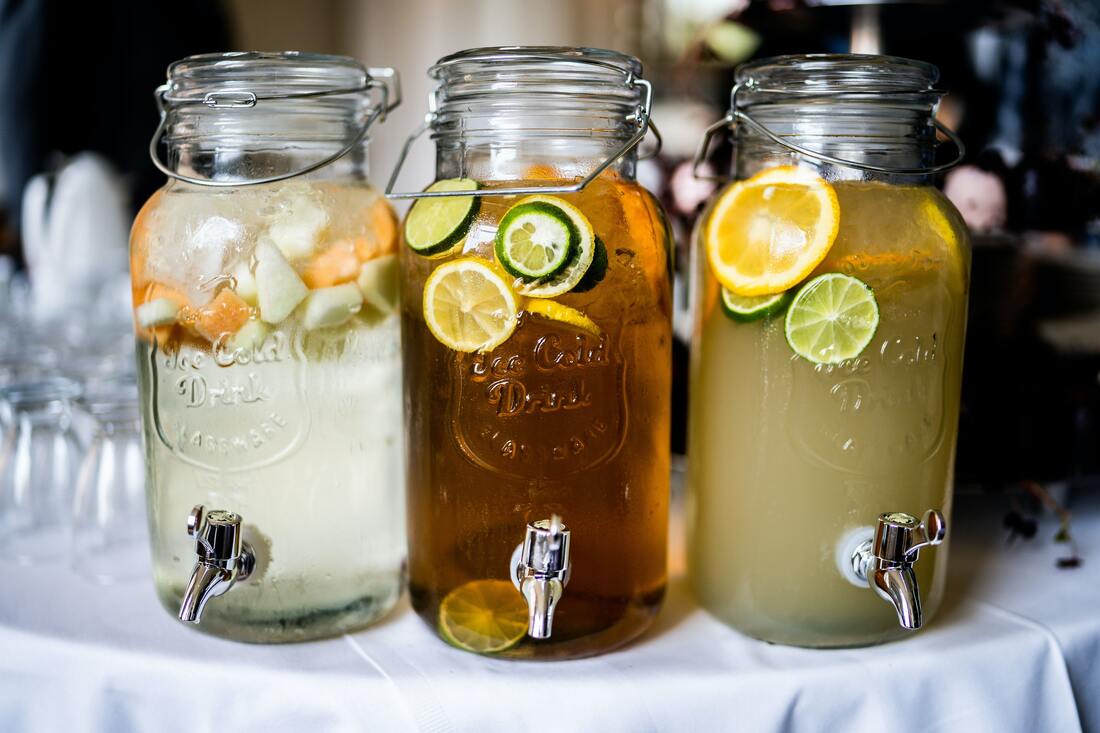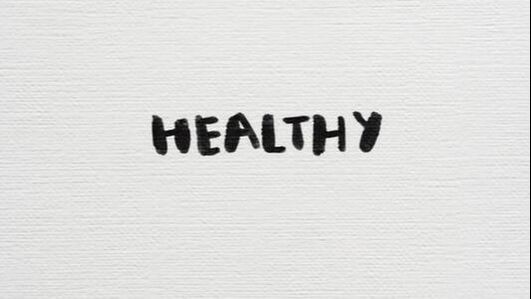One other thing to not forget during the next few months is to up your hydration. Staying well-hydrated benefits us right down to the cellular level.
Water promotes cardiovascular health.
Dehydration lowers your blood volume, so your heart must work harder to pump the reduced amount of blood and get enough oxygen to your cells, which makes everyday activities like walking up stairs–as well as exercise–more difficult.
Water helps muscles and joints work better.
When you’re well-hydrated, the water inside and outside the cells of contracting muscles provides adequate nutrients and removes waste efficiently so you perform better. Water is also important for lubricating joints.
Hydration is key for mental Focus
Even a 2% reduction in optimal hydration status has been shown to reduce focus and accuracy in performance sports. This can carry over into school & professional life all the same.
Water keeps your body cool.
Your body releases heat by expanding blood vessels close to the skin’s surface (this is why your face gets red during exercise), resulting in more blood flow and more heat dissipated into the air. When you’re dehydrated, however, it takes a higher environmental temperature to trigger blood vessels to widen, so you stay hotter.
Water keeps skin supple.
When a person is dehydrated, skin is less elastic. It may appear as more lines and wrinkles that don't rebound as well. This is different than dry skin, which is usually the result of soap, hot water and exposure to dry air. Keeping well hydrated helps to give that radiant summer glow that we all want to wear year-round.
Water helps cleanse your body — inside and out.
Your kidneys need water to filter waste from the blood and excrete it in urine. Keeping hydrated may also help prevent urinary tract infections and kidney stones. If you are severely dehydrated, your kidneys may stop working, causing toxins to build up in your body.
It's not just about drinking more H2O, it's about hydrating well, if you're exercising or sweating, it's just as important to replace electrolytes that are lost through sweat.
This might even be a good idea for everyone as certain minerals have been depleted in the soil where we used to get them through food, as well as our diets have from a natural whole food diet to more processed and refined foods containing lower content of minerals and our bodies actually needed higher amounts to process these types food stuffs.
Electrolyte are essential minerals that can be replaced naturally. The major electrolytes in the body include: sodium, potassium, chloride, calcium, magnesium, bicarbonate, phosphate and sulfate.
While many Sports drinks contain a few of these electrolytes, they are usually very low quality and I believe some to be toxic! Avoiding store bought sports drinks that commonly have High Fructose Corn Syrup, artificial colours and preservatives in them, you'll ensure that you are rehydrating well, without adding chemicals for your body to deal with.
There are some simple, at home recipes you can make.
Super Simple Electrolyte Drink
Ingredients:
- 1/2 cup freshly squeezed orange juice
- 1/2 Coconut water
- 1/4 cup freshly squeezed lemon juice
- 2 cups of filtered water
- 2-4 tablespoons Maple Syrup, to taste
- 1/8 teaspoon unrefined sea salt (to taste)
This combination shouldn't taste too sweet or salty, add more water/ juice to temper flavours.
*Note Coconut water, by itself or in combination can be a great replenisher of some of these minerals. Try different juices like organic cherry or pineapple.
Tart cherry juice is high in potassium and has been studied in its effects of lowering inflammation, decreasing oxidative stress, and is beneficial for speedier recovery post workout.
Directions: In a blender, blend all of the ingredients together until the maple syrup or sugar is dissolved. Taste test and adjust as needed. Enjoy.
It's also important to eat more hydrating foods through summer, "adding to the pool" so to say. Cucumbers, watermelon, fresh tomatoes, celery, watercress, berries and so many other yummy foods. Think about whatever leaves a big soppy mess on the cutting board, and add it into the rotation!
Magnesium; Spinach, mustard greens, arugula, other leafy greens, nuts, seeds, and quinoa.
Potassium; Watermelon, Swiss chard, avocado, cucumber, pomegranate seeds.
Chloride; Celery, seaweed, tomatoes, olives, leafy greens.
Calcium; Dark leafy greens, blackstrap molasses, bok choy.
Sodium; Sea vegetables, unrefined Himalayan or sea salt.
Try this summer fresh tabouli salad recipe packed with a few of these mineral-rich plants and let me know what you think!
While these simple tips are a great place to start on a health journey, if you are thinking about diving deeper in uncovering the root of ill health or need more support on your journey to better health and wellness I'll be taking new clients starting in July.
Whether you live in Nova Scotia or anywhere else in Canada, I work one-on-one with clients from across the country that want support with Functional Nutrition.
Contact the office via email or call during business hours to book your free 20 min consultation to see how Functional Nutrition can support your wellness goals.
In Health & Happiness,
Rebecca

